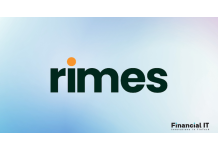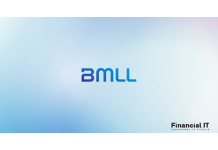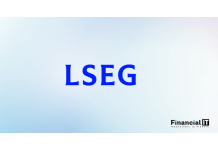Duco Partners with Phoenix Group to Modernise Data...
- 16.12.2025 10:15 am
Bloomberg Expands Pricing for Australian Bonds with...
- 18.11.2025 01:35 pm
Rimes Partners with Databricks to Deliver Managed Data...
- 18.11.2025 01:25 pm
BMLL Selected by EuroCTP to Supply Data Quality...
- 11.11.2025 12:45 pm
LSEG Expands Partnership with BlackRock, Strengthening...
- 30.10.2025 10:50 am
FloQast Partners With Trovata to Make It Easier for...
- 21.10.2025 02:45 pm
Supermicro Introduces New Business Line, Data Center...
- 15.10.2025 02:55 pm
LSEG And Databricks Partner To Bring AI-Ready...
- 23.09.2025 02:25 pm
nCino Introduces Integration Gateway to Streamline...
- 17.09.2025 04:55 pm
Domino Data Lab Achieves ISO 9001:2015 Certification...
- 16.09.2025 02:40 pm
Supermicro Begins Volume Shipments of NVIDIA Blackwell...
- 12.09.2025 07:45 am
Deloitte Launches AI Infrastructure CoE to Drive AI...
- 09.09.2025 08:55 am






















